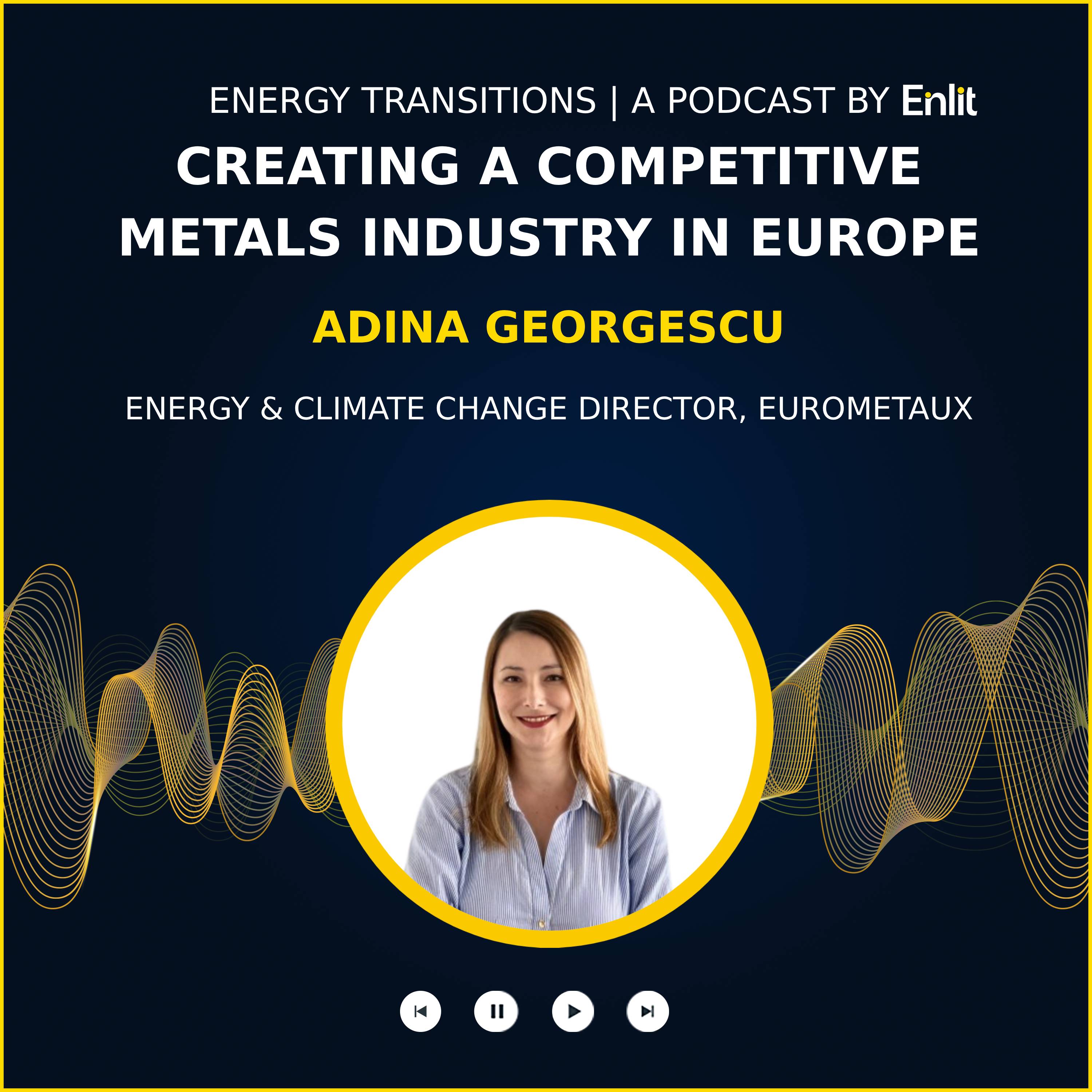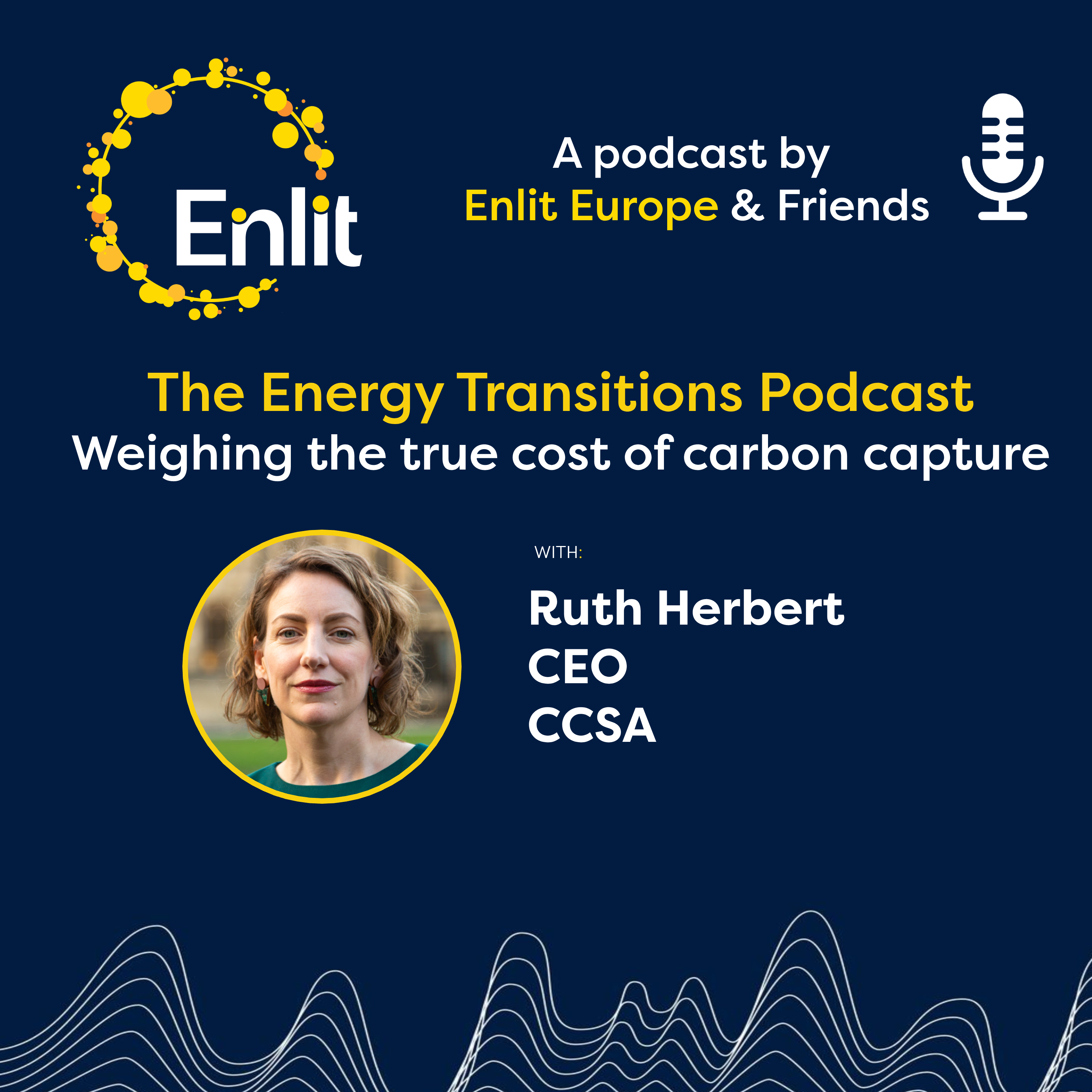How to sustainably decarbonise heating – a topic increasingly on our radar as we strive to become more energy efficient – and one of the key focus points in this episode of the Energy Transitions Podcast.
There are several new innovative technologies making an impact to decarbonise the heating space, such as deep geothermal, solar geothermal, and harnessing of waste heat. To learn more about how these technologies are making an impact and driving decarbonisation efforts, Pamela Largue speaks to Dr Andrej Jentsch, Programme Manager of the IEA Technology Collaboration Programme on District Heating and Cooling.
Additional resources:
REA: resource exergy analysis – Calculation guide for energy systems, including district heating and cooling
IEA Technology Collaboration Platform on District Heating and Cooling
IEA: Tracking Clean Energy Progress report
Jentsch, who mainly works for the AGFW, an association promoting district heating and cooling and combined heat and power, delves into why our progress (or lack thereof) is a matter of will and why we can not achieve our efficiency goals without a systems perspective and a sound measuring and analysis methodology.
“We often forget that using all the waste heat that we have, we just have to collect it, it’s even easier to get to that heat than to geothermal…while some argue waste heat is not renewable, it’s very good for the climate…” - Dr Andrej Jentsch

Britain’s biggest generator of zero-carbon electricity and an energy supplier to more than 3.5 million British homes and businesses, EDF UK recently announced a...

Europe’s metals sector, more specifically the non-ferrous metals sector, is under immense pressure to decarbonise while remaining globally competitive. One of the key challenges,...

With net zero requiring 7 billion tonnes of CO2 to be captured and stored annually by 2050, Ruth Herbert, CEO of CCSA, highlights the...